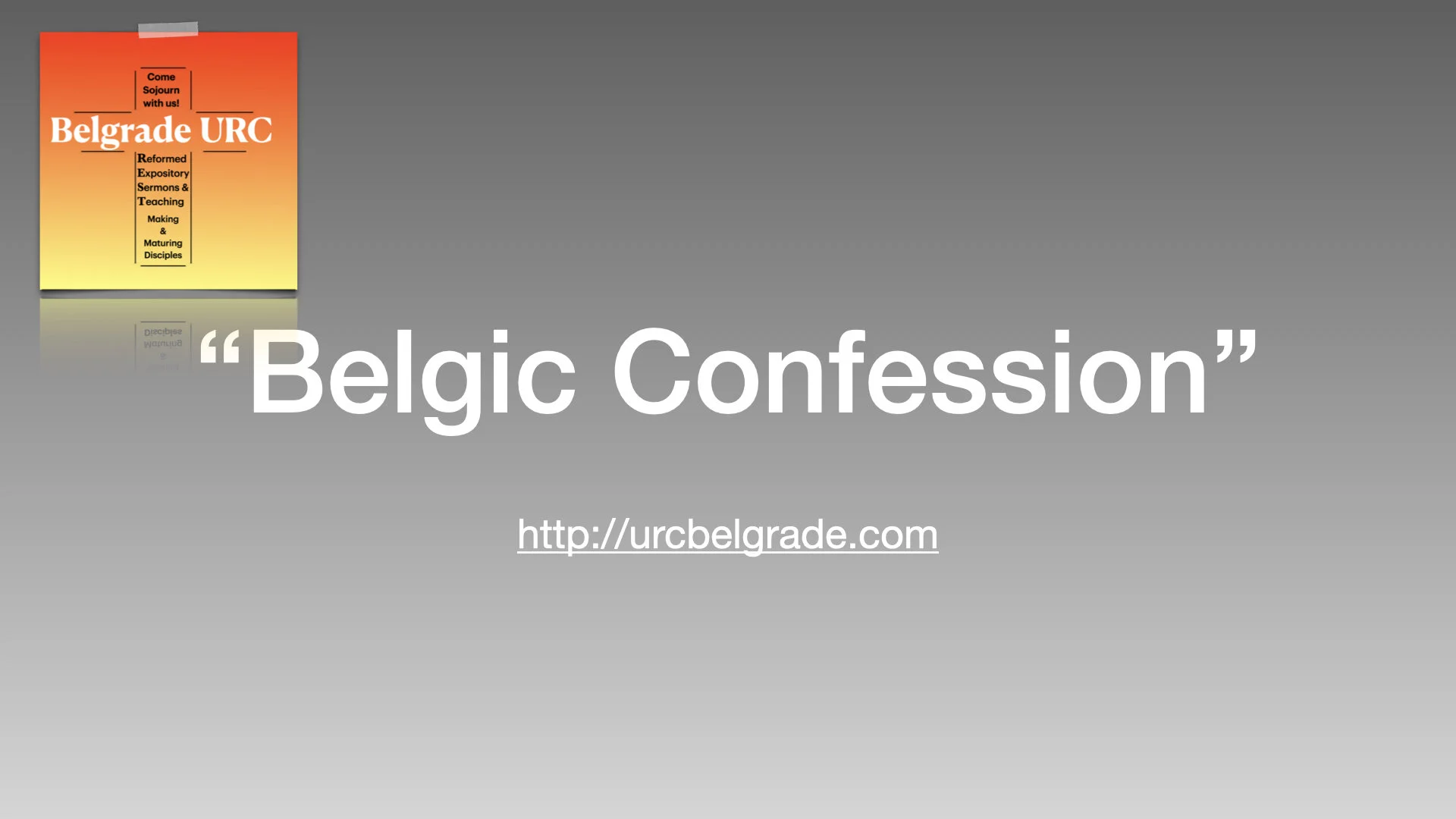Why the Sacraments? (Genesis 17; Romans 4:11)
/Abraham receives the official Covenant of Grace in Genesis 15. The Lord is going to establish his covenant promise through this barren couple. This barren couple will have a son, the seed of the woman (Gen 3:15) will be sustained despite barrenness.
Abraham and Sarah have a crises of faith doubting that the Lord really can give them a son. Their crises and action is recorded in Genesis 16. Abraham and Sarah conspire to use a surrogate mother to establish the Lord's line. They are going to help God establish his covenant line.
In Genesis 17 the Lord gives a sign that symbolizes the promised heir will come through Abraham and Sarah's line. This barren couple will continue the lineage of the woman's seed despite their doubts. Abraham and Sarah both laugh at this prospect, but the Lord is faithful.
In terms of the sacraments we see the the precedent of the parents professing faith, and then the household receiving the sign. We also see how this sign pictures the gospel promise.




